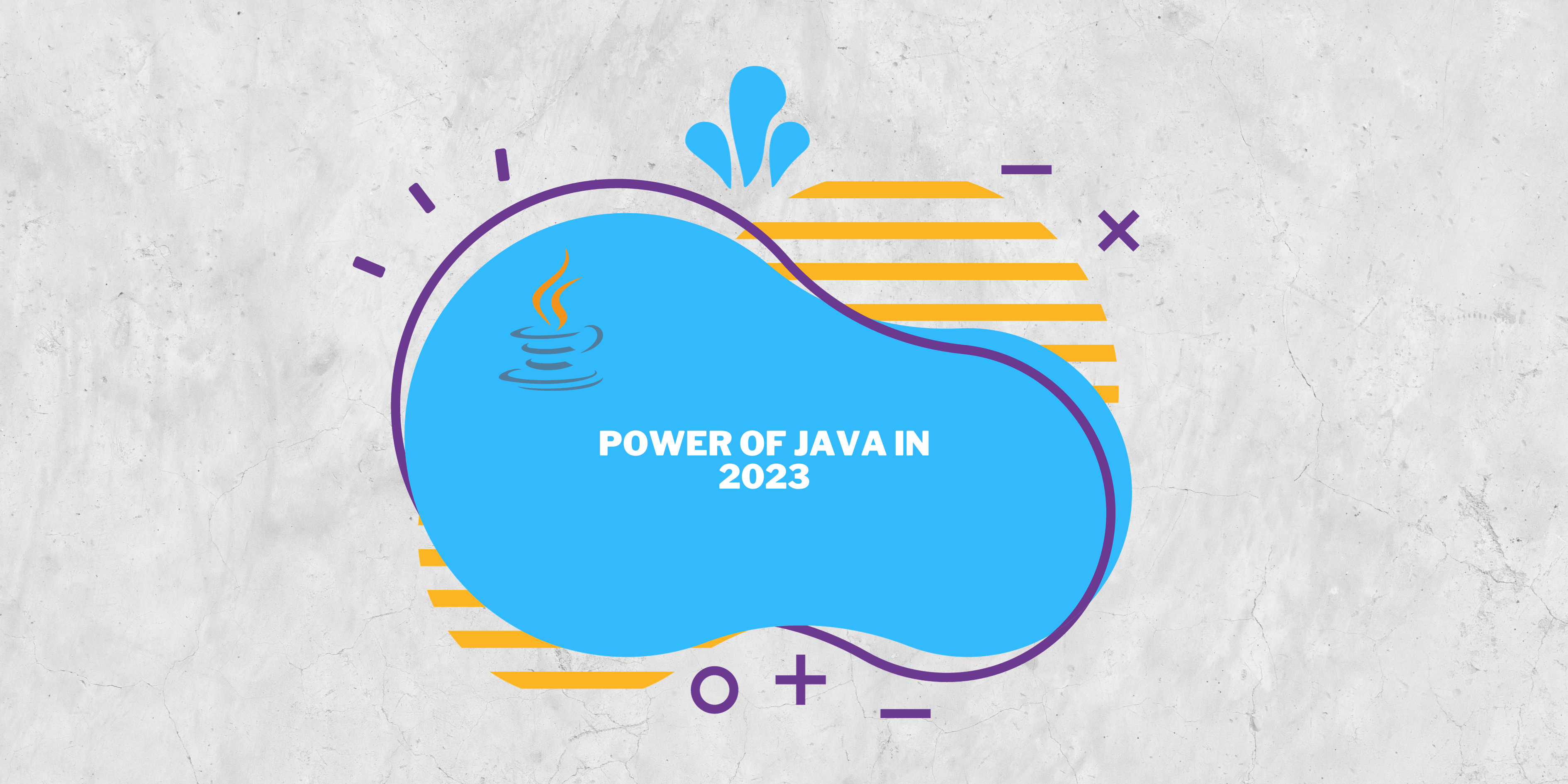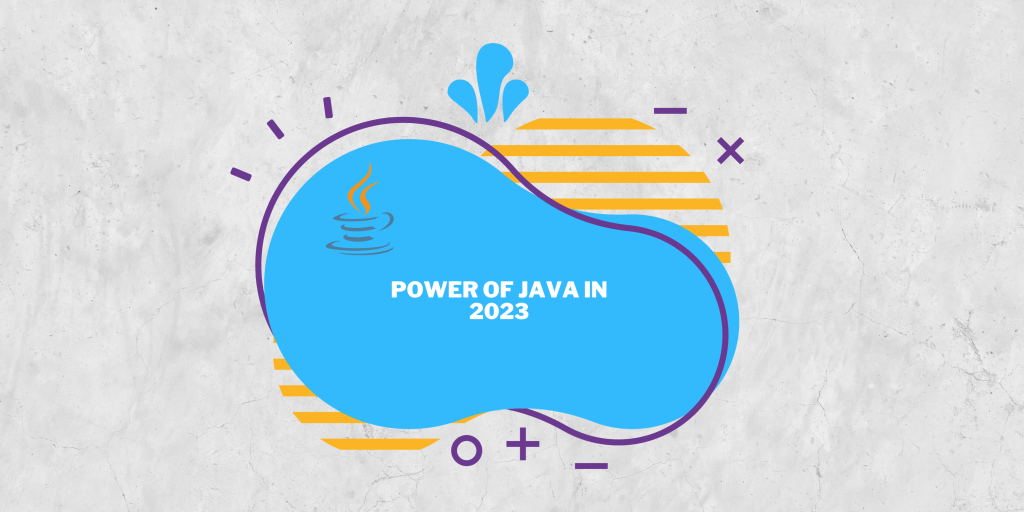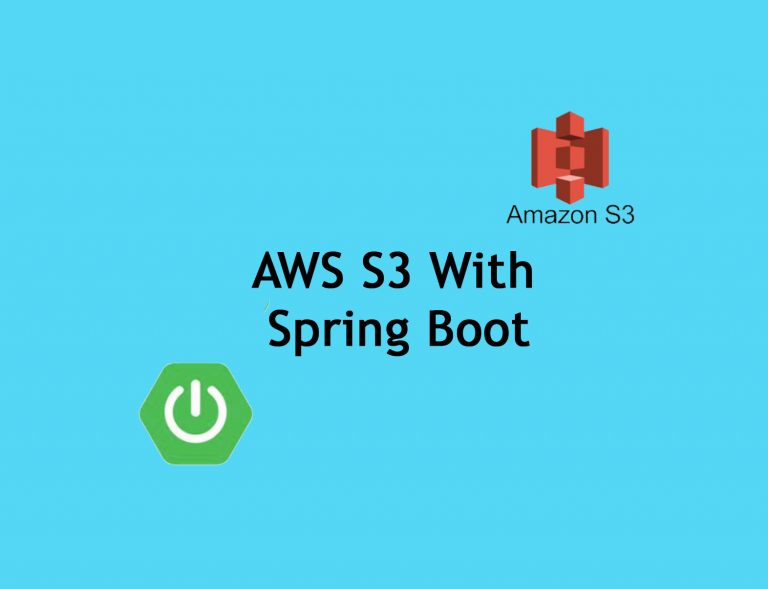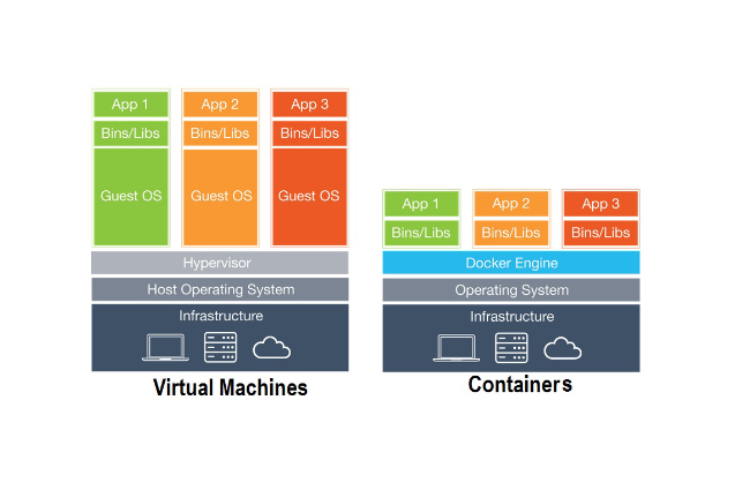
Power Of Java in 2023

In the fast-evolving world of programming languages, Java remains a steadfast and influential presence. Since its inception in the mid-1990s, Java has proven to be versatile, reliable, and scalable, making it a top choice for developers across various domains. As we step into 2023, Java continues to hold its ground and even gains momentum in certain areas of the tech industry. In this article, we’ll explore the enduring relevance and expanding horizons of Java in the year 2023.
- The Power of Compatibility
Java’s “write once, run anywhere” philosophy has long been one of its defining features, thanks to the Java Virtual Machine (JVM). This compatibility allows developers to write code on one platform and execute it on another without modification. As a result, Java applications can run seamlessly on different operating systems and devices. This quality remains highly relevant as companies increasingly embrace diverse technology stacks and cloud computing solutions. It’s also a key advantage for businesses looking to migrate legacy systems to newer platforms.
- Robust for Enterprise Development
Java has earned its reputation as a robust language for enterprise-level applications. In 2023, its popularity in this domain remains undiminished. Java’s ability to handle complex, large-scale projects is unmatched. For businesses and organizations, this means reliable software solutions that can handle high traffic, complex workflows, and large datasets. Enterprise Java frameworks, such as Spring and Java EE, continue to provide the necessary tools and support for building and maintaining these applications.
- Android App Development
Java has been the primary programming language for Android app development since the platform’s inception. As of my last knowledge update in early 2022, this situation is likely to persist. Android developers continue to utilize Java for building mobile applications. However, it’s essential to note that Kotlin, a more recent language developed by JetBrains, has gained popularity as a preferred language for Android development. Nevertheless, the widespread use of Java in this domain ensures its relevance, and many existing Android applications are still coded in Java.
- Emerging Technologies and IoT
Java’s versatility is evident in its application to emerging technologies. In 2023, the Internet of Things (IoT) continues to expand, and Java plays a significant role in this field. Its portability and extensive library support make it a practical choice for IoT device development. Java’s ability to manage hardware and software interactions, as well as its security features, positions it as a valuable tool in the growing IoT landscape.
- Big Data and Data Science
Java’s scalability and ability to process large datasets make it a valuable asset in the world of big data and data science. Java libraries, such as Apache Hadoop, are widely used for data processing, storage, and analysis. While Python and R are popular choices for data science, Java is still a favored language for building the infrastructure that supports these activities.
- Server-Side Development
Java’s role in server-side development is solidified by its extensive community support and the availability of robust frameworks. Technologies like Java Spring and Java EE (now Jakarta EE) have made server-side programming efficient and developer-friendly. Java continues to power a substantial portion of the e-commerce websites, financial services, and cloud computing.
- A Steadfast Choice for Game Development
Although Java is not the first choice for game development compared to specialized game development languages like C++ or C#, it still plays a significant role. Game developers use Java to build 2D games, mobile games, and even browser-based games. Its portability and cross-platform compatibility make it a suitable choice for creating less resource-intensive games.
Conclusion
As we step into 2023, Java’s position in the software development landscape remains strong and adaptable. Its unique combination of cross-platform compatibility, robust enterprise capabilities, and applicability to emerging technologies ensures its relevance in an ever-changing tech world. While newer languages and frameworks continue to emerge, Java’s proven track record and extensive community support make it a reliable choice for a wide range of applications. Whether you’re building enterprise software, Android apps, IoT devices, or diving into big data and data science, Java remains an evergreen choice for developers in 2023 and beyond.



